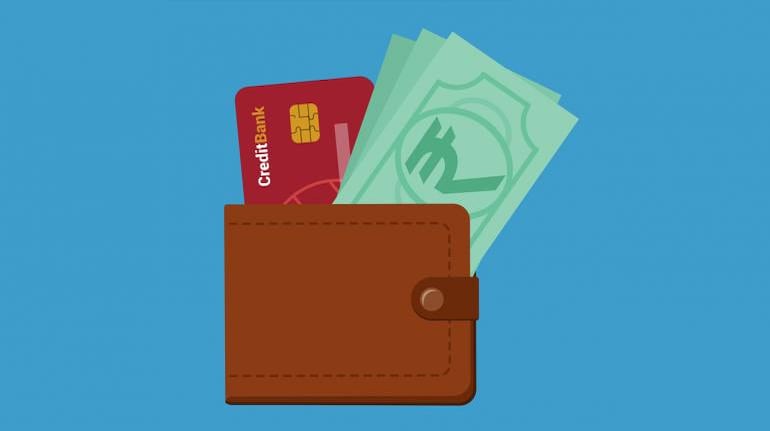

Transactions via online payment platforms and credit and debit cards have touched pre-COVID-19 levels in June after nearly 60 percent slump in April due to the coronavirus-led lockdown. The trajectory can largely be credited to opening up of e-commerce for non-essential goods and increased number of e-payments for utility, mobile and grocery bills.
Overall, sectors like aviation, fashion and apparel, movies and dining continued to lag, while over-the-top (OTT) entertainment services such as Netflix, Amazon Prime, etc., and education platforms led the recovery. In Tier II and III towns and cities, pharmaceuticals and consumer electronics have pushed revival.
Transactions via the National Payments Corporation of India’s (NPCI)-run United Payment Interface (UPI) platform, mobile wallets and bank cards saw sharp V-shape recovery in June, The Economic Times reported.
Reserve Bank of India (RBI) data showed that till June 28, UPI saw 1.42 billion transactions worth Rs 2.31 lakh crore – the highest single-month volume ever recorded by the platform. It is also the steepest month-on-month increase from April’s 990 million transactions worth Rs 1.5 lakh crore.
The coronavirus pandemic and resultant lockdown “accelerated the shift to digital” Ambarish Kenghe, senior director, product, Google Pay – India’s leading UPI platform, told the paper. Google Pay said online recharges and bill payments jumped 180 percent following the lockdown.
PhonePe, which Walmart now controls through its acquisition of Flipkart, also found transaction volumes comparable to pre-COVID-19 levels. “This is driven both by the fact that offline and online merchants across most parts of the country have now opened up,” Karthik Raghupathy, vice president, strategy and business development at PhonePe said.
Besides UPI and mobile wallets, Card swipes – for both private lenders and public sector banks (PSBs), particularly for online payments, have also surged, the report added.
Card-based transactions have jumped 70-80 percent of pre-COVID-19 levels, data from lenders SBI Cards, Kotak Mahindra Bank, Axis Bank and RBL Bank showed. The surge from May to June has been significantly more in credit cards compared to debit cards, it added.
Discover the latest business news, Sensex, and Nifty updates. Obtain Personal Finance insights, tax queries, and expert opinions on Moneycontrol or download the Moneycontrol App to stay updated!